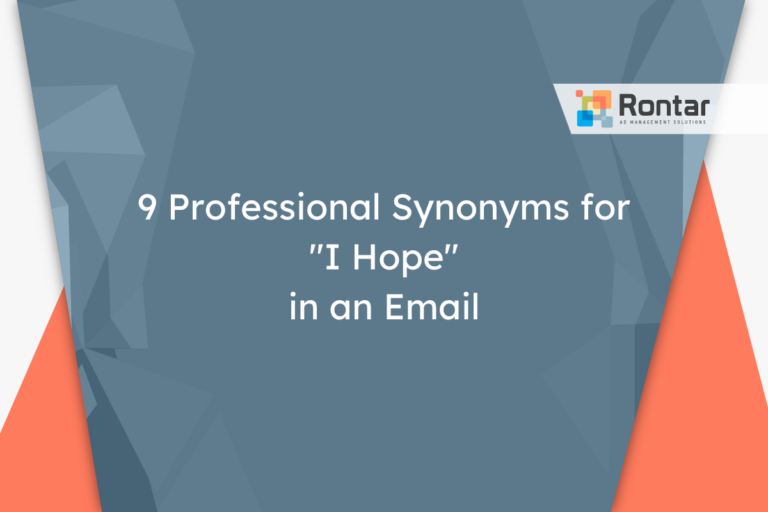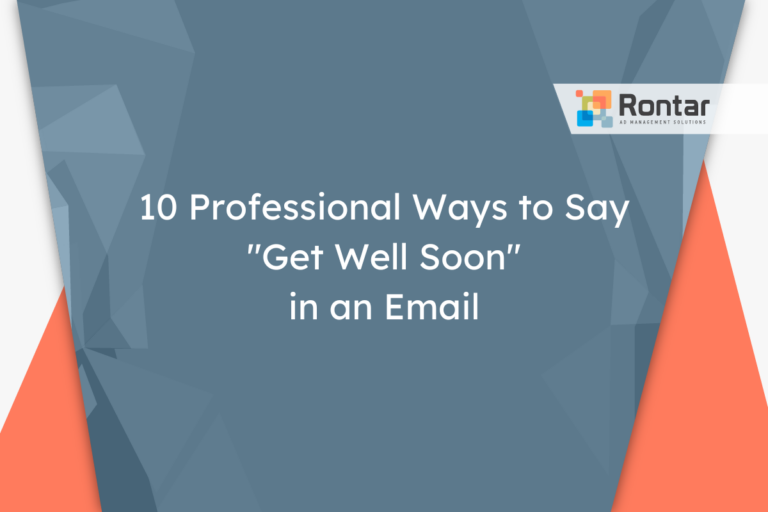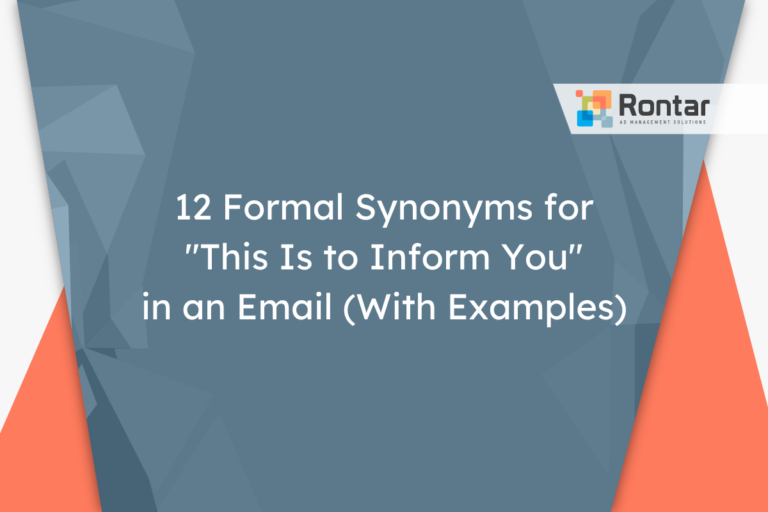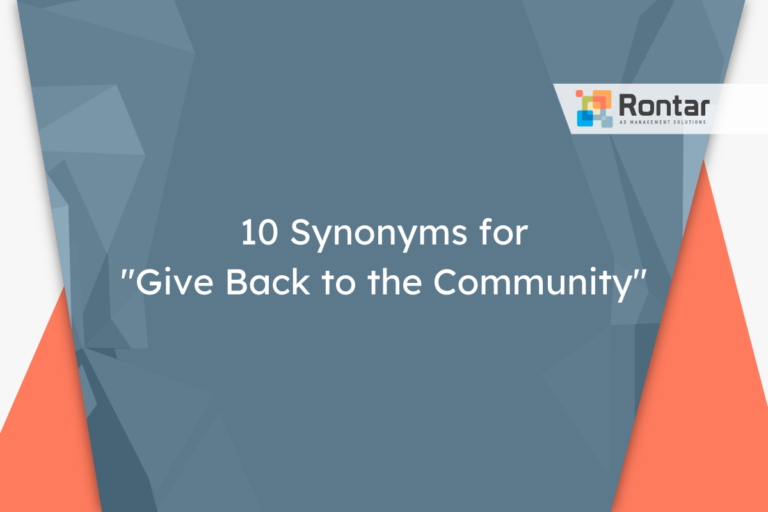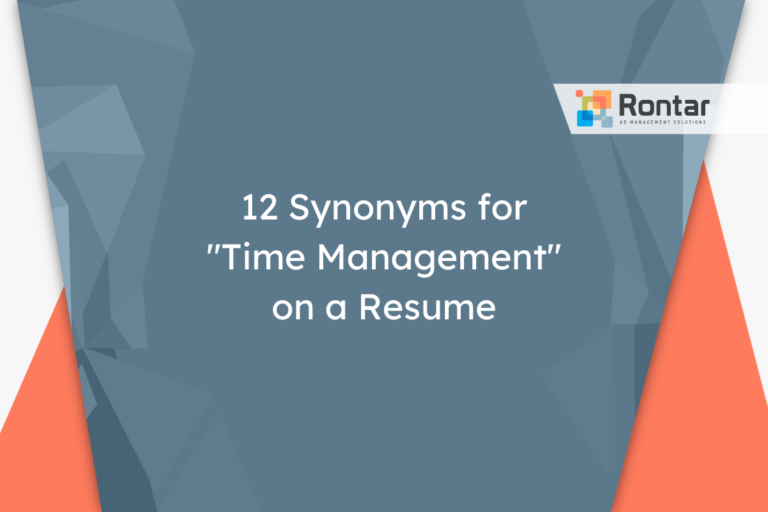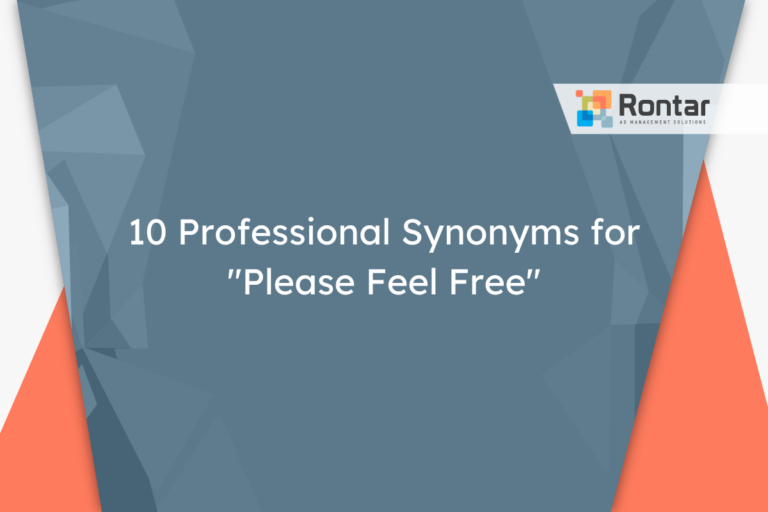12 Professional Ways to Say “Please Respond” in an Email (With Examples)

Getting a response to your email can sometimes be tricky. The phrase “please respond” might seem direct, but there are many other ways to encourage a reply without sounding demanding.
This article explores 12 polite and professional alternatives to help make your emails more effective. Each alternative is suited for different situations, making it easier to keep your messages engaging and respectful.
Is It Professional to Say “Please Respond” in an Email?
Asking someone to “please respond” in an email can be considered professional, formal or informal, and polite depending on how it’s used. This phrase is most suitable in situations where a prompt reply is needed. It’s effective with all types of recipients, including colleagues, clients, and other professional contacts.
Here is an example of using “please respond” in an email:
Dear Alex, I hope this email finds you well. We need to finalize the details of the upcoming project meeting and your input is crucial. Could you please review the proposed dates and let me know your availability? Please respond by Friday afternoon so we can make the necessary arrangements. Thank you for your cooperation, Emily
Pros:
- Clearly conveys the need for a reply.
- Can be perceived as polite and considerate.
- Encourages promptness and urgency.
Cons:
- May be seen as demanding if overused or used inappropriately.
- Could be interpreted as impatient, depending on the context and tone.
- Not always the most effective phrase for every situation or recipient.
While “please respond” is generally a good choice, there might be times when an alternative phrase is preferred. This could be due to the desire for a softer tone, the nature of the relationship with the recipient, or the specific context of the request.
12 Other Ways to Say “Please Respond” in an Email
Finding the right words to encourage a reply can make your email more effective. Here are twelve professional alternatives to the phrase “please respond.”
- I look forward to hearing from you soon
- Looking forward to your response
- Please let me know your thoughts
- Hope to hear from you soon
- I look forward to your reply
- Your feedback would be greatly appreciated
- Please get back to me as soon as possible
- Awaiting your reply
- I would appreciate your prompt response
- Please provide feedback
- Please reply once you’ve read this
- I’d appreciate it if you could get back to me quickly
1. I look forward to hearing from you soon
This alternative is more polite and carries an expectation of a reply. It conveys a sense of eagerness to continue the conversation without being too direct or forceful. This expression is professional and works well in a business setting, but it’s also informal enough for less formal interactions.
It’s ideal for wrapping up communications where you have made a proposal or asked for information, and now await feedback. This expression suits emails to colleagues, clients, and external partners across various professional contexts.
Here’s an example message using this phrase:
Hi Marcus, Thank you for meeting with us yesterday to discuss the new project phase. We've outlined some potential strategies and would love to know which direction you think we should take. I look forward to hearing from you soon. Best wishes, Sophia
2. Looking forward to your response
Like the first option, “Looking forward to your response” is a polite and professional way to indicate you are awaiting a reply. This phrase has a friendly tone and suggests a positive anticipation of the recipient’s feedback. It is sufficiently formal for most professional scenarios yet has an approachable vibe.
This phrase is excellent after you’ve made a request or sought input on a matter. It works well with emails to clients, team members, or any professional contacts. Whether you’re using email or a business letter, this alternative is adaptable and polite.
Here’s a sample email using this alternative:
Hello Olivia, We've recently updated our working schedule for the next quarter. Please review the attached document to see the changes. Looking forward to your response. Kind regards, Ethan
3. Please let me know your thoughts
This phrase is a direct yet polite invitation for feedback, making it less formal but still professional. It requests the recipient’s opinion, which can encourage a more detailed response. This format is ideal for collaborative discussions, whether in formal or informal settings.
Using this phrase is great when seeking advice, opinions, or reactions to a presented idea. It’s suitable for emails within teams, between collaborators, or with clients whom you’ve previously established a rapport with.
Here is how you might use this in an email:
Hi Henry, Following our strategy meeting, I've drafted an initial plan based on our discussion. Please let me know your thoughts. Best, Amelia
4. Hope to hear from you soon
This alternative is somewhat informal, expressing a gentle hope for a reply. It’s polite and carries a friendly tone, making it less impersonal than some other options. While it’s professional enough for many scenarios, it’s best used when you have a somewhat established relationship with the recipient.
Ideal for follow-up emails or after informal meetings, this phrase works best with colleagues you know well, informal business contacts, or when a soft touch is required.
Here’s an email example:
Hi Tyler, Just a quick note to follow up on our last conversation about the annual report. Hope to hear from you soon. Cheers, Jasmine
5. I look forward to your reply
This phrase is a formal and polite way to signify that you await a response. It’s slightly more formal than its synonyms, making it suitable for professional correspondences where maintaining a formal tone is key. This alternative is perfect for emails that are part of ongoing discussions or negotiations.
It’s well-suited for communication with new clients, higher-ups, or external business contacts where you want to maintain a particularly professional demeanor. Whether you’re using email or official business letters, this phrase helps keep the tone respectful and anticipatory.
Here’s how it could be presented in an email:
Dear Dr. Rosenthal, I have attached the revised proposal for the upcoming project. Your insights on this would be invaluable. I look forward to your reply. Sincerely, Nora
6. Your feedback would be greatly appreciated
This phrase is particularly polite and shows that you value the recipient’s opinion. It’s a bit more formal, making it fitting for professional settings where you are seeking input or confirmation. This alternative is ideal because it not only asks for a response but does so in a way that respects the recipient’s expertise and time.
This expression is best used when you’re looking for detailed feedback or a thoughtful critique. It’s suitable for messages to colleagues, mentors, or clients, especially in scenarios where their specific insights are crucial.
Here’s a sample use in an email:
Hi Max, We have just finished the first draft of the report on market trends. Your feedback would be greatly appreciated. Best, Lily
7. Please get back to me as soon as possible
This alternative conveys a sense of urgency. It’s quite direct but can still be polite if used correctly. It’s best reserved for situations where a prompt reply is necessary. Although it’s professional, the level of formality might depend on the recipient’s understanding of the urgency and the existing relationship between the sender and the recipient.
It’s fitting for communications that need urgent attention, like time-sensitive projects or last-minute meetings. This phrase works with team members who are aware of the project’s timelines or with clients in cases where deadlines are approaching fast.
Here’s how you could frame it in an email:
Hi Zoe, Following up on our project, there's been a significant update that affects our deadline. Please get back to me as soon as possible. Regards, Evan
8. Awaiting your reply
“Awaiting your reply” is a formal and professional way to express that you’re waiting for a response. This phrase is somewhat less direct, making it suitable for situations where you wish to be polite yet convey the importance of a reply. It’s a good choice for formal communications with colleagues, supervisors, or external partners.
This expression is best used in formal email correspondences or letters where the reply is eagerly anticipated but not necessarily urgently needed. It’s especially useful in communications with new contacts or in situations where maintaining a high level of formality is preferred.
Here is an example email:
Dear Professor Johnson, I have sent over the research files for your review last week. Awaiting your reply. Yours sincerely, Alice
9. I would appreciate your prompt response
This is another way to express urgency while being polite and professional. It makes it clear that you’re expecting a quick reply, but it does so respectfully. This phrase is particularly effective in professional settings where time matters a lot.
It’s appropriate for emails to coworkers or external contacts when you need information or a decision swiftly. The phase works well in both formal emails and business letters, especially when there’s a tight deadline or when the matter is of immediate importance.
Here’s an email example using this phrase:
Hello Connor, We're in the final stages of preparing the proposal and need to confirm some details with you. I would appreciate your prompt response. Best regards, Madison
10. Please provide feedback
This alternative is direct, polite, and leans more towards the informal side. It’s a clear request for input without setting a specific timeline for a response. This makes it suitable for situations where you need insight but the timing is somewhat flexible. It’s professional enough for workplace communications but is best used in a context where a friendly rapport has already been established.
Great for collaborative projects or when seeking peer review, this expression is most effective in emails or digital messages within teams or with colleagues you’ve worked closely with. It invites a more open and detailed exchange of ideas.
Here’s how you might use this phrase in an email:
Hi Robin, We've implemented the new design on the landing page and would love your take on it. Please provide feedback when you have a moment. Cheers, Jordan
11. Please reply once you’ve read this
This phrase is somewhat informal and straightforward. It assumes that the recipient will read the message entirely before responding. It’s polite yet assumes a closeness or familiarity between the sender and the recipient. It’s suitable for workplace environments where quick, efficient exchanges are valued.
It’s particularly effective in emails within teams or when communicating with colleagues on a regular basis. This phrase encourages not just a prompt reply but a thoughtful one, after the recipient has considered the content of your message.
Example of this in action:
Hi Casey, I've attached the updated project timeline for your review. Please reply once you've read this. Thanks, Taylor
12. I’d appreciate it if you could get back to me quickly
This alternative communicates urgency and the need for a swift reply in a polite and professional manner. It subtly conveys that the matter at hand is important and that a rapid response would be valued. While it’s direct, it still maintains a courteous tone.
Suitable for use in emails to colleagues and other professional contacts when you’re under a time crunch. Whether you’re dealing with deadlines or need information to move forward with your work, this phrase is adaptable to email and more formal business letters.
Here is an example of its use in an email:
Hi Finn, We need to clarify the budget details before tomorrow’s meeting with the stakeholders. I'd appreciate it if you could get back to me quickly. Kind regards, Morgan
Final Thoughts
Choosing the right way to ask for a response in your emails is crucial for clear and effective communication. The 12 alternatives provided offer a range of options, from formal to informal, each suitable for different types of messages and recipients. By selecting the appropriate phrase, you can improve the chances of receiving a reply and maintain a positive tone in your professional relationships.

